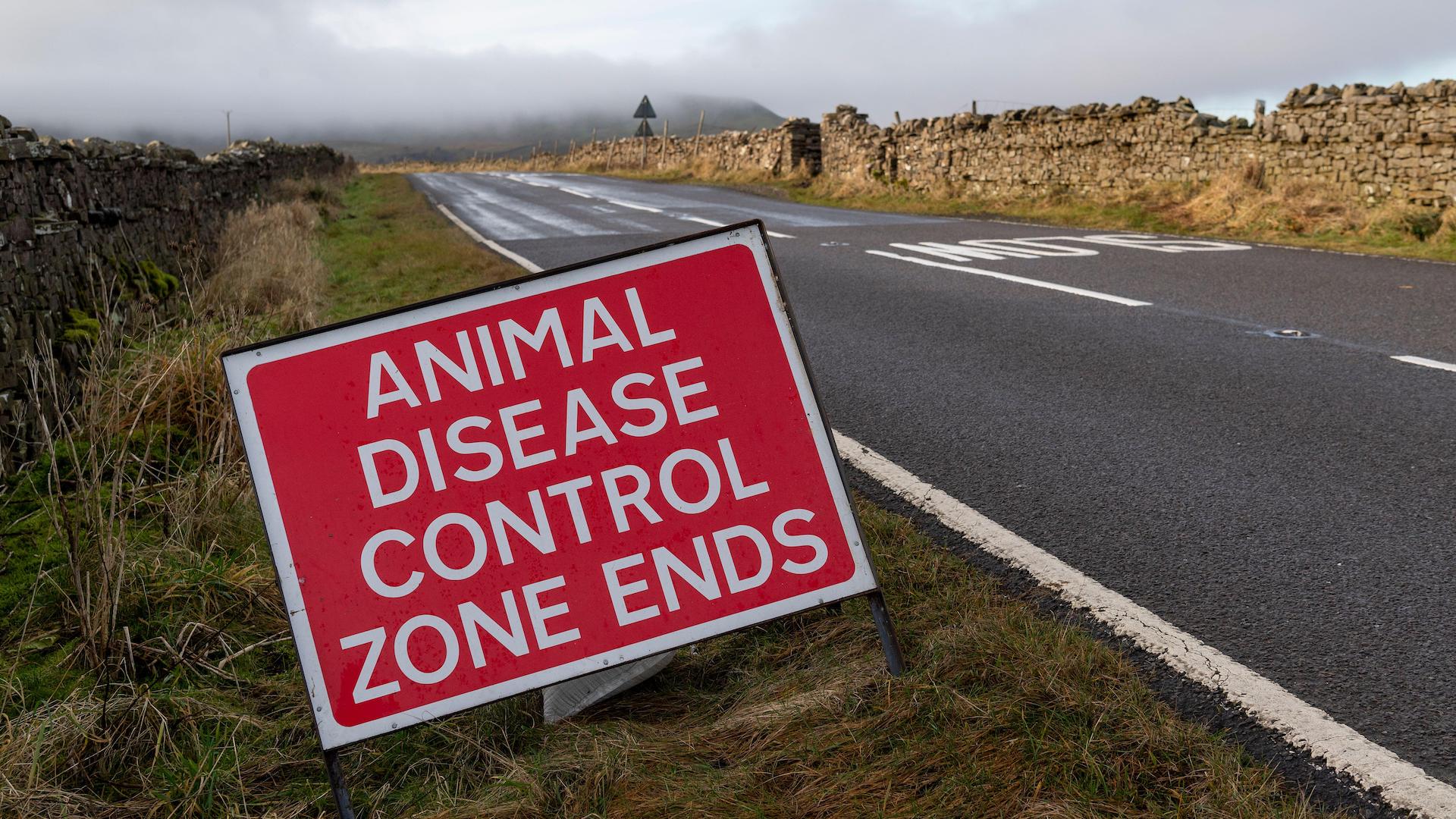Animals, Vol. 14, Pages 1291: Role of Maternal Antibodies in the Protection of Broiler Chicks against Campylobacter Colonization in the First Weeks of Life
Animals doi: 10.3390/ani14091291
Authors: Kristof Haems Diederik Strubbe Nathalie Van Rysselberghe Geertrui Rasschaert An Martel Frank Pasmans An Garmyn
Thermophilic Campylobacter species are the most common cause of bacterium-mediated diarrheal disease in humans globally. Poultry is considered the most important reservoir of human campylobacteriosis, but so far, no effective countermeasures are in place to prevent the bacterium from colonizing broiler flocks. This study investigated maternal antibodies’ potential to offer protection against Campylobacter in broiler chicks via a field trial and an immunization trial. In the field trial, breeder flocks with high and low anti-Campylobacter antibody levels in the yolk were selected based on serological screening. Offspring were subsequently monitored for maternal antibodies and Campylobacter prevalence during early life. Although maternal antibodies declined rapidly in the serum of broilers, offspring from flocks with lower anti-Campylobacter antibody levels seemed to be more susceptible to colonization. In the immunization trial, breeders from a seropositive breeder flock were vaccinated with an experimental bacterin or subunit vaccine. Immunization increased antibody levels in the yolk and consequently in the offspring. Elevated maternal antibody levels were significantly associated with reduced Campylobacter susceptibility in broilers at 2 weeks old but not at 1 and 3 weeks old. Overall, the protective effect of maternal immunity should be cautiously considered in the context of Campylobacter control in broilers. Immunization of breeders may enhance resistance but is not a comprehensive solution.

 3 weeks ago
15
3 weeks ago
15


